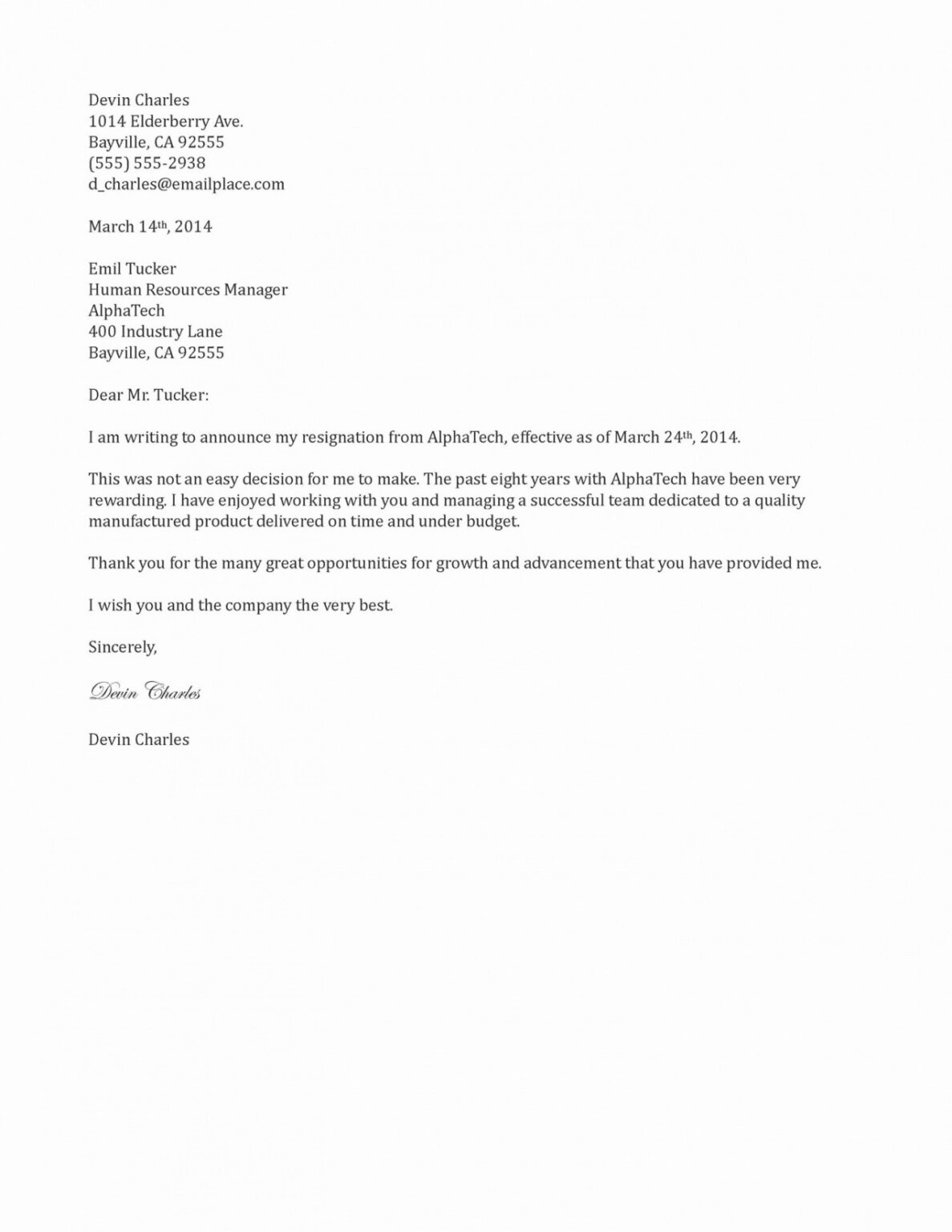5 Ways to Craft a Perfect Two Weeks' Notice

When it's time to move on from a job, giving a thoughtful and professional two weeks' notice is crucial. It demonstrates respect for your employer, colleagues, and the company, while also ensuring a smooth transition. Here, we explore five effective strategies to craft the perfect two weeks' notice, leaving a positive impression and opening doors for future opportunities.
1. Timing and Professionalism

Timing is key when delivering your notice. Choose a moment when your workload is manageable and your departure won’t cause significant disruption. Avoid submitting your notice during busy periods or important projects. Professionalism is essential throughout this process. Be direct and concise in your communication, and maintain a respectful tone. Ensure your notice is written and delivered in a way that aligns with the company’s policies and cultural norms.
Sample Notice Template
Here’s a basic template to get you started:
"Dear [Manager's Name],
Please accept this letter as my formal two weeks' notice of resignation from [Company Name]. My last day of employment will be [Date], which marks the end of [Number of Years] years of service.
I want to express my sincere gratitude for the opportunities and experiences I've had during my time here. [Company Name] has played a significant role in my professional growth, and I will always value the skills and knowledge I've gained.
During my remaining time, I am committed to ensuring a smooth transition. Please let me know how I can assist in training my replacement or completing any pending tasks. I am available for any discussions or feedback you may have regarding this transition.
Thank you for your understanding and support. It has been a pleasure working with such a talented team.
Sincerely,
[Your Name]
2. Personalized Approach

Crafting a personalized notice demonstrates your care and consideration for the company. Begin by expressing gratitude for the opportunities and growth you’ve experienced during your tenure. Highlight specific skills or projects that have contributed to your professional development. This shows your sincere appreciation and leaves a positive impression.
Highlighting Achievements
Consider including a brief overview of your key accomplishments. Highlight projects or initiatives that you led or contributed to significantly. This not only showcases your impact but also reminds your employer of your value and the positive change you brought to the organization. Be concise and selective, choosing the most relevant and impressive achievements.
3. Offer Assistance
During your notice period, offer your full cooperation and assistance to ensure a seamless transition. Proactively ask about any pending tasks or projects that require your attention. Volunteer to train your replacement or provide documentation and insights to facilitate a smooth handover. Your willingness to help demonstrates professionalism and a strong work ethic.
Maintaining Professional Relationships
Even as you prepare to leave, maintain a positive and respectful attitude toward your colleagues and supervisors. Avoid any negative comments or gossip about the company or its policies. Remember, you want to preserve professional relationships and leave on good terms, as you never know when you might cross paths again in the industry.
4. Addressing Feedback and Concerns
If you have any pending feedback or concerns about your role or the company, address them respectfully in your notice. Provide constructive feedback, suggesting improvements or areas where the company can enhance its operations or employee experience. However, ensure your feedback is delivered tactfully and remains professional.
Seeking Resolution
If there are specific issues you want resolved before your departure, schedule a meeting with your manager to discuss them. Present your concerns calmly and respectfully, offering potential solutions or improvements. Remember, the goal is to leave on a positive note, so approach these conversations with diplomacy and a problem-solving mindset.
5. Keeping It Brief and Positive

While it’s important to convey your message clearly, keep your notice brief and to the point. Avoid excessive detail or lengthy explanations. A concise and positive tone will leave a better impression and ensure your message is well-received. Focus on expressing gratitude, highlighting achievements, and offering assistance.
Maintaining a Positive Attitude
Even if you’ve had challenges or disagreements during your tenure, maintain a positive attitude in your notice. Avoid mentioning specific conflicts or negative experiences. Instead, focus on the growth and learning you’ve gained and express optimism for the company’s future success.
| Key Takeaways |
|---|
| Choose the right timing for your notice. |
| Express gratitude and highlight achievements. |
| Offer assistance and maintain professionalism. |
| Address feedback and concerns tactfully. |
| Keep your notice brief and positive. |

What if I don’t want to give a two weeks’ notice due to a hostile work environment or personal reasons?
+In such cases, it’s understandable to want to leave immediately. However, it’s best to maintain professionalism and provide a formal notice, even if it’s shorter than the standard two weeks. This shows respect for the company and your colleagues. If the situation is truly unbearable, prioritize your well-being and discuss the matter with a trusted advisor or HR representative.
How can I handle a counteroffer if my employer tries to convince me to stay?
+If you receive a counteroffer, take time to consider it carefully. Evaluate the reasons for your decision to leave and determine if the offered changes or benefits address those concerns. Discuss the counteroffer with a trusted mentor or career coach to gain perspective. Ultimately, trust your instincts and make a decision that aligns with your long-term goals and well-being.
Is it necessary to provide a reason for my resignation in the notice letter?
+While it’s not mandatory to disclose your reasons for leaving, doing so can provide context and help your employer understand your decision. However, keep your explanation brief and professional. Focus on highlighting the positive aspects of your tenure and expressing gratitude. Avoid sharing personal or sensitive information that could create tension or misunderstandings.



